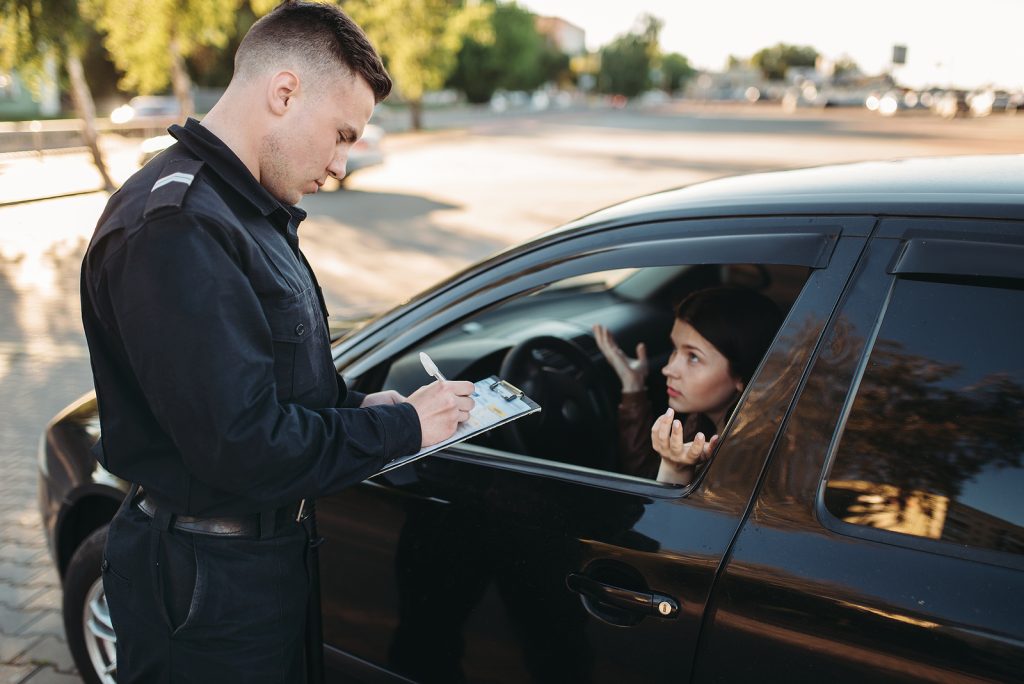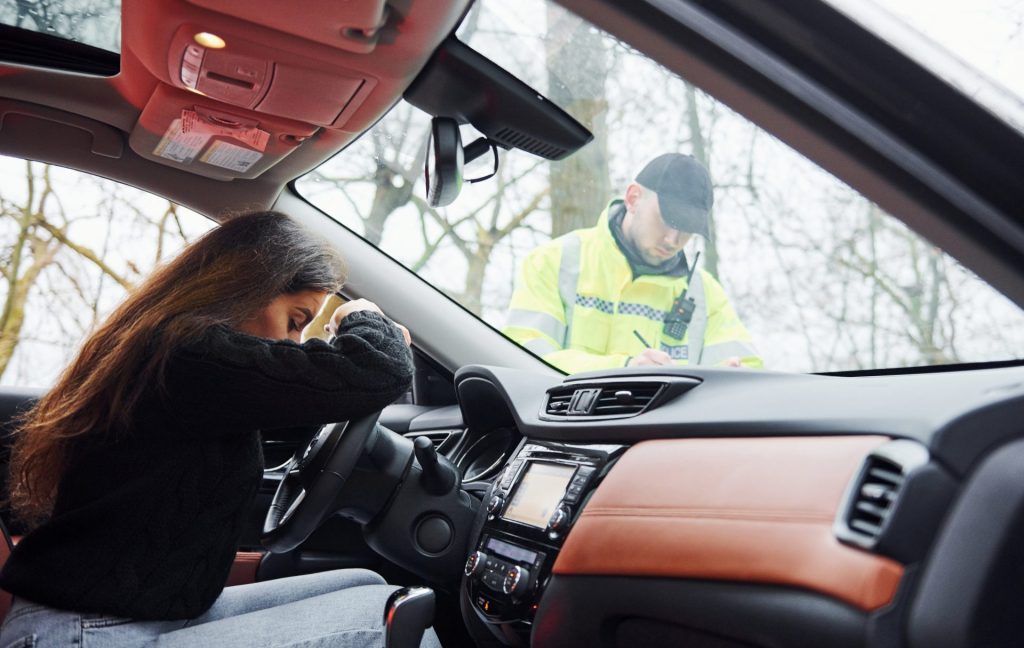Causing an auto accident where another party involved in the crash died is an absolutely horrible experience. Unfortunately, besides simply being extremely traumatic, you may find yourself facing vehicular homicide charges, which only compounds your trauma. In Colorado, the penalties for these charges can be severe, ranging from lengthy prison sentences to hefty fines and a permanent criminal record–not to mention the weight of the additional blame you will feel if responsibility is solely legally leveled at you.
If you are facing vehicular homicide charges, it’s crucial to understand your legal options and the potential defenses available to you. The lawyers of Joyner Law have been helping people fight their criminal charges and preserve their rights for years and can counsel you on the moves to make, even in matters this dire.
In this blog, we will explore the key aspects of vehicular homicide cases, common defenses, and how a skilled criminal defense attorney can help protect your rights. Read on to discover more about the prospects you are facing and how to deal with them.
What Is Vehicular Homicide?
Vehicular homicide is a serious crime that occurs when a person causes the death of another individual while operating a motor vehicle. In Colorado, the law distinguishes between two types of vehicular homicide:
- Vehicular Homicide Involving Alcohol or Drugs: This occurs when the driver was under the influence of alcohol or drugs at the time of the accident. It is considered a strict liability offense, meaning that if the prosecution proves you were impaired, intent to cause harm is not required for a conviction.
- Reckless Vehicular Homicide: This charge applies when the driver’s reckless driving—without necessarily being under the influence—caused the fatality. Reckless driving is defined as operating a vehicle in a manner that shows a disregard for the safety of others.
Both types of vehicular homicide carry severe penalties, but the defenses available to you will depend on the specific circumstances of your case.
Understanding the Penalties for Vehicular Homicide in Colorado
Before diving into the potential defenses you can employ to fight vehicular homicide charges, it’s important to grasp the gravity of the penalties you could face if convicted of vehicular homicide in Colorado.
- Vehicular Homicide Involving Alcohol or Drugs: This charge is classified as a Class 3 felony in Colorado. If convicted, you could face between 4 and 12 years in prison, fines ranging from $3,000 to $750,000, and parole for up to 5 years.
- Reckless Vehicular Homicide: Vehicular homicide caused by reckless driving is a class 4 felony and carries penalties including prison time between 4 and 6 years and fines ranging from $2,000 to $500,000.
The criminal penalties are just one aspect. A conviction can also lead to the suspension of your driver’s license, increased insurance rates, and a permanent criminal record that may affect your ability to find employment, secure housing, or maintain professional licenses.
Common Defenses Against Vehicular Homicide Charges
A strong defense can potentially save you from the aforementioned penalties associated with vehicular homicide charges. The right defense can commute your charges to lesser charges or even have them struck down altogether. Below, we’ll explore some of the most common defenses that a criminal defense attorney may use to protect your rights.
1. Challenging the Evidence of Impairment
If you’ve been charged with vehicular homicide involving alcohol or drugs, one of the primary defenses is to challenge the evidence of impairment. This can involve questioning the accuracy of field sobriety tests, breathalyzer results, or blood tests.
Field sobriety tests are often subjective and can be influenced by factors such as medical conditions, fatigue, or uneven road surfaces. An experienced defense attorney may argue that the test results were not reliable in determining impairment.
Similarly, breathalyzers and blood tests must be administered properly to ensure accurate results. If the equipment was not calibrated correctly, or if there was an error in the testing procedure, your attorney could argue that the results are unreliable and should be dismissed.
2. Arguing Lack of Recklessness
In cases of reckless vehicular homicide, the prosecution must prove that you were driving in a reckless manner and acted with a willful disregard for the safety of others. Your attorney could argue that the crash was not the result of reckless behavior on your part if you were involved in an accident that was unavoidable due to weather conditions, road hazards, or the actions of another driver
In some cases, what may appear to be reckless driving could be the result of an unexpected situation, such as swerving to avoid an animal or another car. Your lawyer could present evidence that shows your actions were reasonable given the circumstances.
3. Questioning Causation
Another key element the prosecution must prove is that your actions directly caused the death of the victim. In some vehicular homicide cases, the victim’s own actions or other external factors may have contributed to the accident. If the victim was jaywalking, riding a bicycle improperly, or otherwise acting in a dangerous manner, it could be argued that their actions contributed to or caused the fatal accident.
On the other hand, if your vehicle experienced a mechanical failure, such as brake failure or tire blowout, that led to the accident, you could demonstrate that the accident was not caused by reckless driving or impairment.
4. Involuntary Intoxication
In rare cases, involuntary intoxication may be used as a defense if you were unknowingly drugged or otherwise impaired without your knowledge. For example, if you consumed a spiked drink that led to impaired driving, you should not be held legally responsible for the effects of intoxication.
What to Do After Being Charged with Vehicular Homicide
If you’ve been charged with vehicular homicide, it’s critical to take immediate steps to protect your rights and build a strong defense. Here’s what you should do:
- Contact a criminal defense lawyer: Vehicular homicide is a serious charge, and you need an experienced criminal defense attorney to navigate the complexities of your case. Don’t speak to law enforcement or prosecutors without legal representation.
- Preserve Evidence: If possible, collect any evidence that could help your case, such as witness statements, dashcam footage, or photographs of the scene.Explore legal strategies for defending yourself against vehicular homicide charges, including potential defenses and steps to protect your rights.
- Avoid Discussing Your Case Publicly: Be mindful of what you say about your case, whether to friends, family, or on social media. Anything you say could be used against you in court.
How Joyner Law Can Help You Retain Your Rights
The attorneys of Joyner understand the fear and uncertainty that come with facing vehicular homicide charges. Our experienced criminal defense attorneys have successfully built strong strategic defenses that have shielded our clients from these charges and preserved their liberties.
When you work with us, our team will endeavor tirelessly to develop a defense that gives you the best possible outcome. Reach out to schedule a free initial consultation, and we will begin the process of getting to know your specific circumstances and developing a defense that has the best chance of having your charges reduced or dropped.









